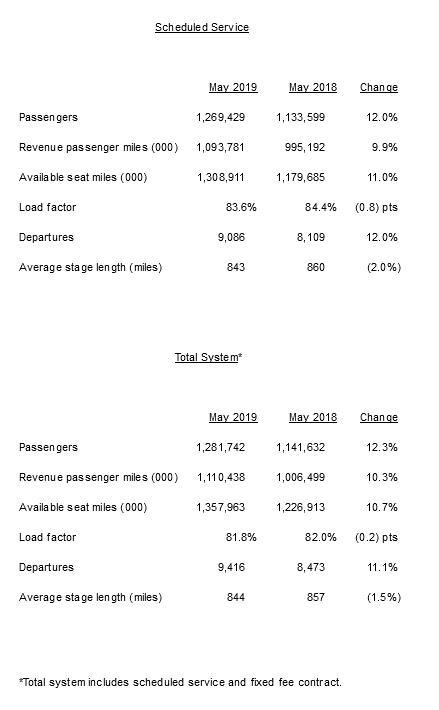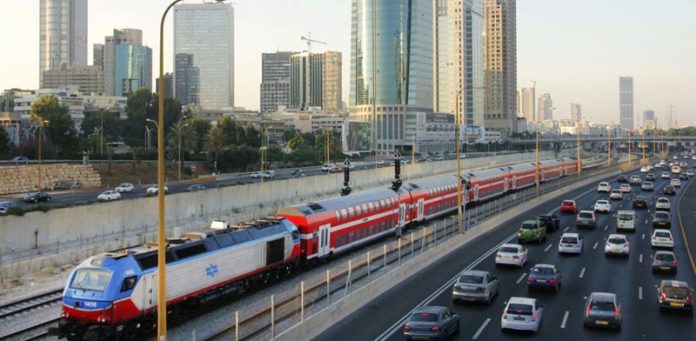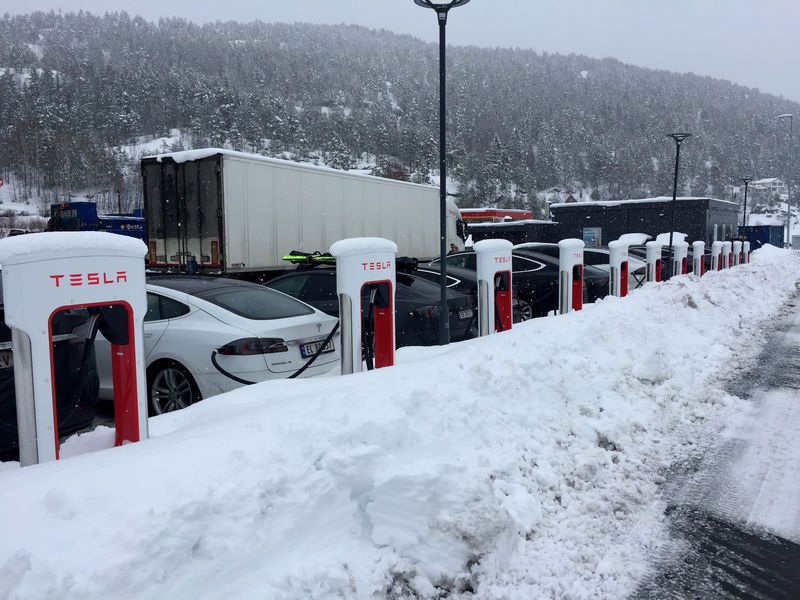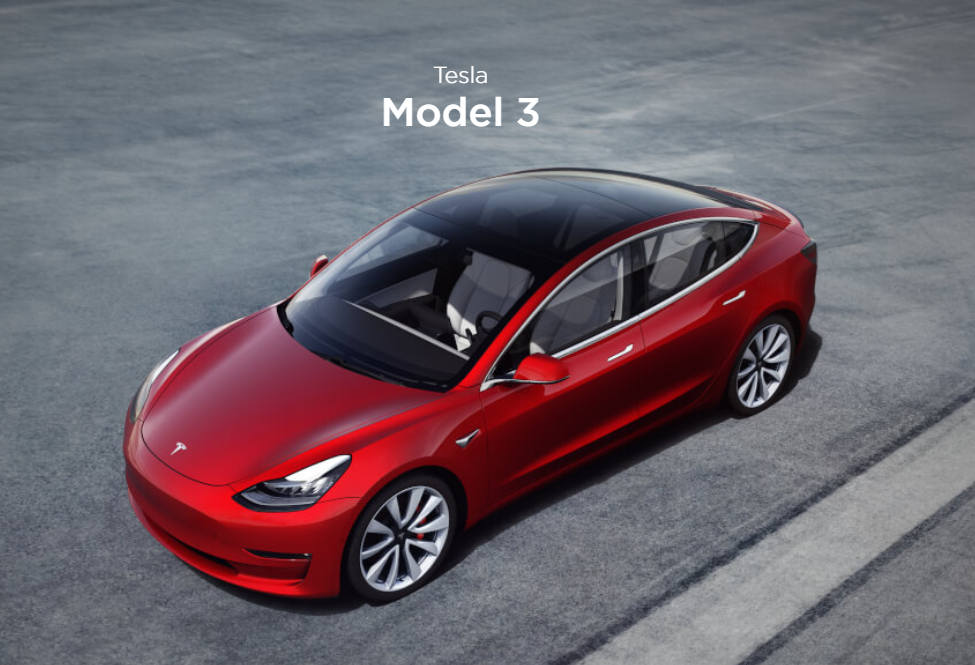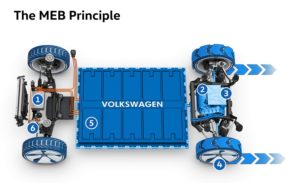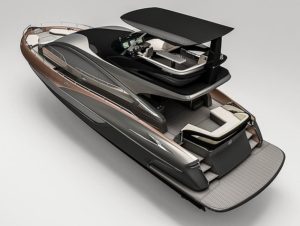SAN FRANCISCO (Reuters) – Tesla Inc nearly produced 5,000 Model 3 electric sedans in the last week of its second quarter, with the final car rolling off the assembly line on Sunday morning, several hours after the midnight goal set by Chief Executive Elon Musk, two workers at the factory told Reuters.
The 5,000th car finished final quality checks at the Fremont, California factory around 5 a.m. PDT (1200 GMT), one person said. It was not clear if Tesla could maintain that level of production for a longer period.
Musk said the company hit its target of 5,000 Model 3s in a week, according to an email sent to employees on Sunday afternoon and seen by Reuters. Tesla also expects to produce 6,000 Model 3 sedans a week “next month.”
“I think we just became a real car company,” Musk wrote. The company hit the Model 3 mark while also achieving its production goal of 7,000 Model S and Model X vehicles in a week, Musk said in the email.
Tesla confirmed the contents of the email.
After repeatedly pushing back internal targets, Tesla vowed in January to build 5,000 Model 3s per week before the close of the second quarter on Saturday to demonstrate it could mass produce the battery-powered sedan.
Money-losing Tesla has been burning through cash to produce the Model 3, and delays have also potentially compromised Tesla’s first-to-market position for a mid-priced, long-range battery electric car as a host of competitors prepare to launch rival vehicles.
Production of the Model 3, which began last July, has been plagued by a number of issues, including problems from an over-reliance on automation on its assembly lines, battery issues and other bottlenecks.
As the end of the quarter neared, Musk spurred on workers, built a new assembly line in a huge tent outside the main factory, and fanned expectations that Tesla could hit its target, including tweeting pictures of rows of auto parts and robots over the final days of the quarter.
“It was pretty hectic,” said one worker who described the atmosphere as “all hands on deck.”
Another worker speaking after the 5,000th car was made described the factory as a “mass celebration.”
Tesla is likely to announce production and delivery numbers for the quarter later this week, and investors will watch to see whether the company can keep up its end-of-quarter production speed and increase efficiency to produce the cars at a profit.
REPEATABLE?
Tesla will have to prove to investors that it can sustain and increase its production pace, and some skeptics have bet against the company.
Short sellers lost over $2 billion in June due to Tesla’s rising share price and this latest achievement could buoy the company’s shares at market open on Monday.
Shares of Tesla, which closed on Friday at $342.95, are up 40 percent since a year low in April.
In recent months, the company has engaged in so-called “burst builds,” temporary periods of fast-as-possible production, which it uses to estimate how many cars it is capable of building over longer periods of time.
Analyst Brian Johnson of Barclays warned investors in March to be wary of brief “burst rates” of Model 3 production that were not sustainable.
One worker told Reuters that, to meet the goal, employees from other departments were dispatched to parts of the Model 3 assembly line to keep it running constantly, and breaks were staggered “so the line didn’t stop moving.”
The worker also said some areas within the factory were shut down to divert their workers to help out on the Model 3, such as the Model S line.
That suggests that Tesla was able to generally meet its production target through manual labor, rather than the automation Musk originally promised would make Tesla a competitive force in manufacturing. Earlier this year, Musk – who has described his vision for the Fremont factory as an “alien dreadnought” – acknowledged error in adding too much automation, too fast, to the Model 3 assembly line.
In May, Tesla sent a new battery assembly line via cargo planes to its Gigafactory battery plant outside Reno, Nevada in order to speed production, as first reported by Reuters.
When first unveiled in March 2016, the Model 3 generated thousands of reservations from consumers in an unprecedented show of support for the new vehicle. Most recently in May, Tesla said that despite the delivery delays, its net Model 3 reservations – accounting for new orders and cancellations – exceeded 450,000 at the end of the first quarter.
Despite touting the Model 3 as a $35,000 vehicle, Tesla has yet to begin building that basic version and instead is currently building a higher-priced version. It is not clear how many of the orders are for the more premium version.
Steady progress has enthused others, however, and Tesla’s market value is close to that of General Motors Co.
The company has said it will not need to raise cash this year.
(Reporting by Alexandria Sage and Sal Rodriguez; Editing by Peter Henderson, Dan Grebler and Lisa Shumaker)
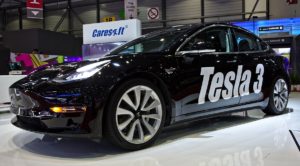
Image from https://www.wikipedia.org/
